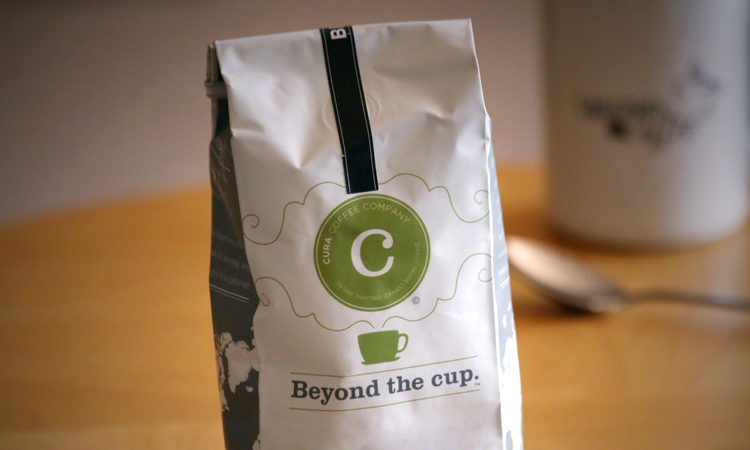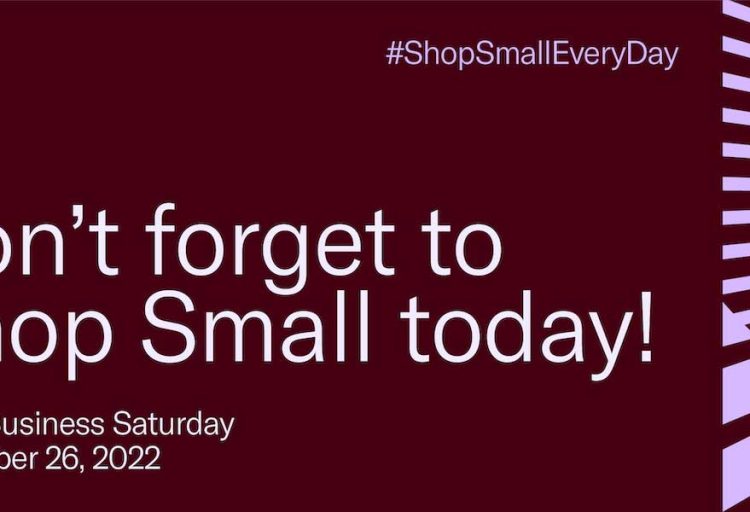I consider my husband and myself to be feminists, and we are doing our best to raise two sons who believe wholeheartedly in equal rights for women. So when Ms. Monopoly debuted this fall amidst a hubbub of noise about whether the game was the feminist statement it was supposed to be or whether it made light out of truly serious issues regarding women in the workplace, I bought the game to test it out. Since it is virtually impossible to gather four extremely busy people together to play a rather endless game, even a family as tight knit as ours, it took weeks for us to set up the board. And boy, did we have some thoughts about it as we did.

First? The good news. Ms. Monopoly has a really inspiring and educational board. Instead of investing in real estate, you pony up your cash for an influential product or scientific concept invented by a woman. I knew without thinking about it that a woman invented shapewear, but did you know that a woman invented the bulletproof vest? I sure didn’t, and my eldest son was beyond impressed. (Side note: I understand that the inventor of shapewear is an amazing self-made entrepreneur but I didn’t need the game instructions to praise it by saying, “Talk about a confidence boost!” Ugh.) Each card not only lists the property value, with and without “Headquarters” (as houses/hotels are now called), it lists on the reverse the female inventor and date of release of the invention they created, along with a short history. While, as my son pointed out, the board is remiss for not calling the “Luxury Tax” the “Pink Tax”, it does use the concept of ride shares for railroads and Wi-Fi and solar heating for utilities (both of which are properly credited to women conceptualizers.) We had some issues with the values associated to some of the inventions—chocolate chip cookies in the Boardwalk place over a computer compiler, stem-cell isolation or even, hell, a life raft? Seemed a little odd to value women for their recipes over their other many accomplishments, especially since the card even admits that the cookies were invented accidentally. As my eldest pointed out, we should reward research and development, not as much something that happened by chance. But the cookies are societally impactful and a multi-billion dollar industry, so we were able to overlook it. Overall? We gave the new version of the properties a solid A.
Then came the so-so Chance and Community Chest cards. Some of the cards were funny (“You drop your phone in the toilet. Go back three spaces.” Or “You find a dress with pockets to wear to your high school reunion!”) and some were legit (Day Care fees, being elected Chairperson of the board, or throwing “like a girl” winning a baseball team championship.) Some made my husband downright uncomfortable and wonder if they were reinforcing the exact stereotypes the game purported to avoid (“Sometimes the only answer to a bad day is a bowl of cookie dough—Advance to chocolate chip cookies.” Or “You buy a new pair of high heels and ouch! They were probably designed by a man. Pay $25.) “As a guy,” he said, thoughtful, “I never would have put the bowl-of-cookie-dough card in the game, or implied that it was super special that women know how to change a tire, or reinforced the idea that women are so into shoes.” He much preferred the factual presentation of the board versus the sometimes iffy statements of the cards.

Finally, the part of the game that both made it notorious in the first place and makes it different from the million other versions of Monopoly: the payouts to women versus men. Women players start the game with more money, collect more money for passing Go, and sometimes collect more money on Chance and Community Chest cards (for example, getting a promotion nets a woman $150, whereas a man who gets the same card only collects $100, or, weirdly, escaping an awkward date by advancing to Fire Escape causes a woman to collect 40 more Monopoly dollars than her male counterpart.) This caused nothing but irritation and confusion for my sons, and, while that is easy to dismiss with a hearty, “Imagine how women feel in the real life workplace!” I’m not sure the game really imbued much of a lesson upon them. “I get that without the money thing this version of Monopoly wouldn’t be as well known—no press is bad press,” said my youngest, “But set up like this it isn’t about equality, it’s about female supremacy over men. If it was just the cool board, it could teach people a lot of things. With the ‘more money just because you’re a woman’ thing people won’t take it seriously. They’ll just dismiss it.” Even the cards where men earned more, by attending a women’s rally for example, or seeing the newest superhero movie with a female lead, made them feel less like allies and more like they were being pandered to. After all, why wouldn’t they attend a women’s rally or see Captain Marvel? The whole concept felt less like a lesson for them and more like a gimmick. They didn’t want either gender earning more or less—they wanted a balanced game where everyone has an equal chance to win. And that, I reminded them, is how women feel in the workforce every day. Even if this game is somewhat missing the mark in presenting that.
Are we glad we played? Sure. I loved learning that women invented space station batteries and windshield wipers and, yes, hairbrushes and leak-proof diapers. And it started some interesting conversations between us all. But the money disparity thing? I’m not sure it works, even if it garnered Hasbro a hell of a lot of press when it first came out. Somehow the message is that woman should be valued more than men, and that’s not what the movement is about. The movement is that the compensation one receives for one’s work should be equally awarded amongst all, regardless of gender. And despite its fascinating facts, Ms. Monopoly just doesn’t support that with its figures.





Sexy Fajas Colombianas
LOL but can’t wait to try and see how this game goes!!